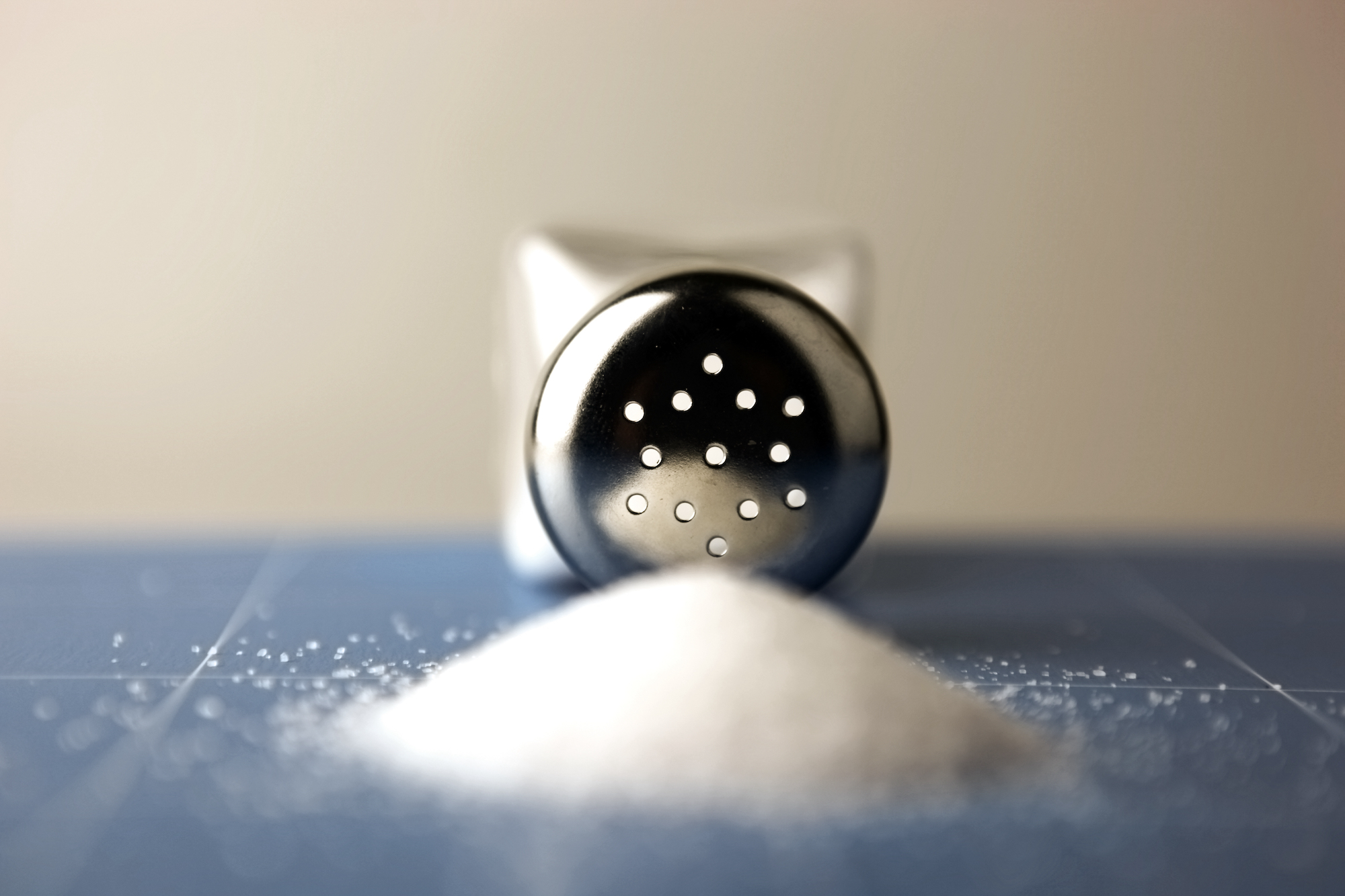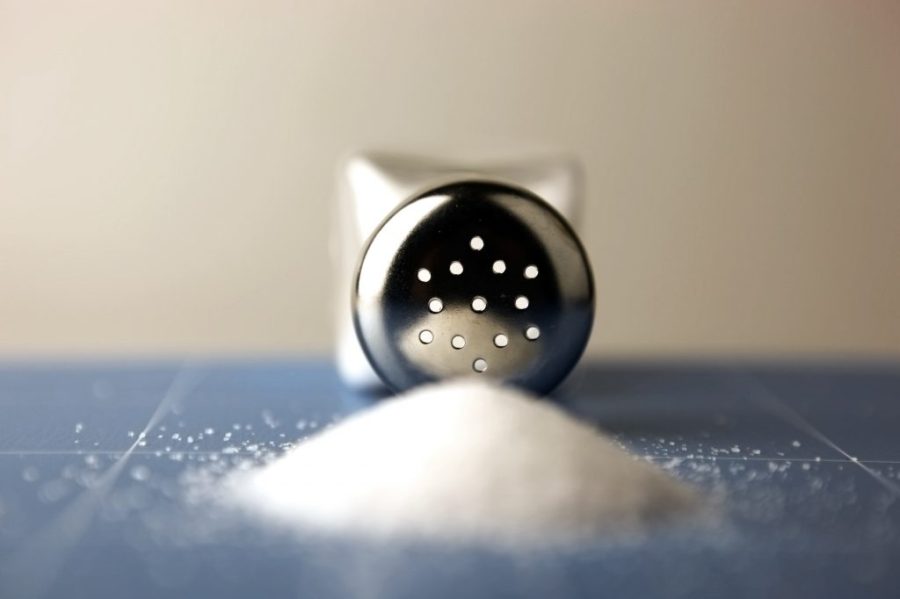Iodised salt has sold out on many Chinese e-commerce platforms but Macao’s authorities maintain that the city’s supply is stable, the Portuguese news agency Lusa reports.
Demand for the condiment has surged after the discharge of radioactive wastewater from the stricken Fukushima plant in Japan sparked food safety fears across East Asia.
Buyers of iodised salt mistakenly believe that it contains iodine in sufficient concentrations to protect against radiation. In fact, up to five kilograms a day would need to be consumed to provide the same protection as a single iodine pill.
The local government issued a statement last week urging residents to “maintain rationality and not believe in rumours.” The statement noted that the government was aware some shops were raising salt prices and even hoarding the product.
“According to available data, the volume of salt stock in Macau currently exceeds 190,000 kilograms, which is enough for 37 days of consumption by the entire population of Macau, and suppliers will also continue to carry out its acquisition,” the statement read.
[See more: Macao’s ban on Japanese food imports: Your questions answered]
Macao, Hong Kong, and mainland China banned many Japanese food products last Thursday, in response to Japan dumping treated – but still mildly radioactive – water from its ruined Fukushima Daiichi nuclear plant into the Pacific Ocean.
While Macao’s government has called Japan’s actions “extremely irresponsible”, the International Atomic Energy Agency – the United Nations’ nuclear watchdog – has said the water meets international safety standards.
According to the agency, the level of radiation still in the water is of such a low concentration that any impact on human health or the environment would be negligible.
Chinese media has reported that many publicly traded salt producers recorded significant increases in share prices on Thursday, in response to the sudden increase in demand. Meanwhile, demand for radiation detectors in China reportedly soared after the discharge began.
The Fukushima Daiichi nuclear plant was irreparably damaged during Japan’s magnitude-9 earthquake in 2011, and the subsequent tsunami. It is currently being decommissioned, a process that could take several more decades.






